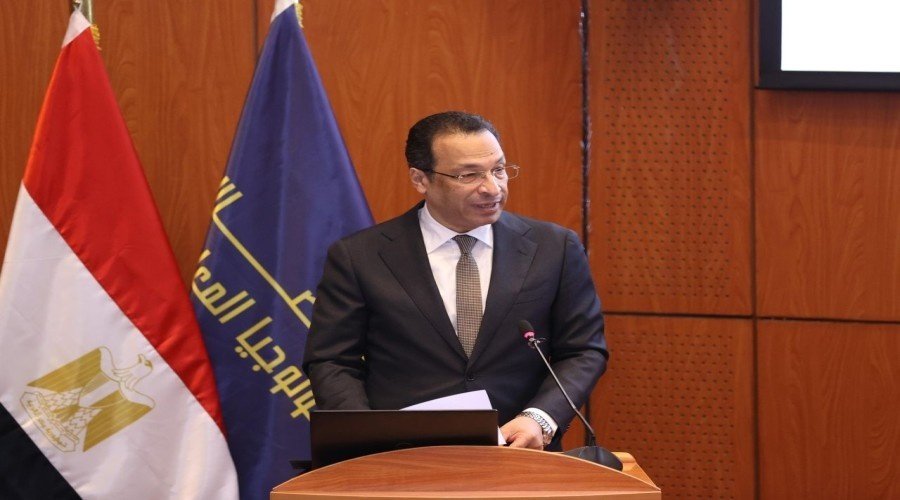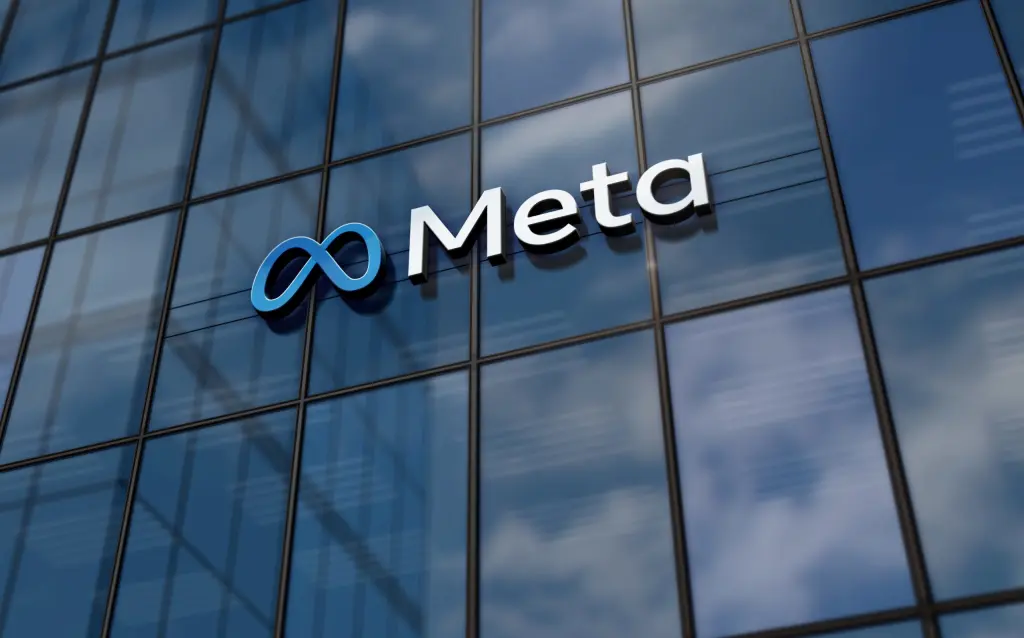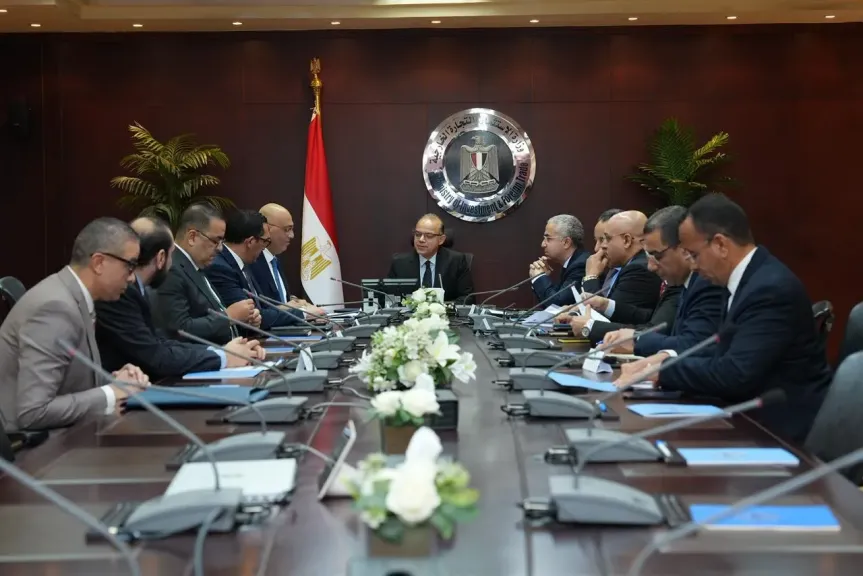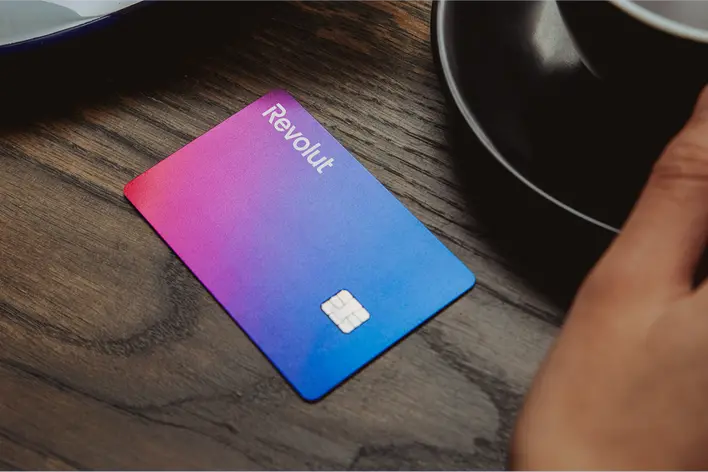The MENA region has firmly established itself as a major player in the global cryptocurrency landscape, ranking as the seventh largest market in the world in 2024. With an estimated $338.7 billion in on-chain value received between July 2023 and June 2024, the region’s growth is largely spearheaded by the progressive regulatory frameworks established in the UAE and Bahrain. Dubai, in particular, has become a central hub for crypto innovation and uptake, guided by its advanced policy regime under the Virtual Assets Regulatory Authority (VARA).
UAE and Bahrain Drive Regional Adoption
The UAE and Bahrain are at the forefront of the Gulf’s crypto movement, creating environments that foster entrepreneurship and attract global talent. Dubai’s VARA has been instrumental in this success, frequently updating regulations to govern all aspects of the ecosystem, from trading and mining to storage and innovation. This proactive approach has provided clarity and security for businesses and investors alike. Similarly, Bahrain has cultivated a crypto-friendly atmosphere, serving as home to major industry players like the crypto exchange Rain and positioning itself as a key regional hub.
The Rise of Stablecoins in MENA
While Bitcoin holds significant value as a store of wealth in the region, stablecoins have emerged as the dominant force in transactional activity. In the year leading up to June 2024, stablecoins accounted for 52 percent of all cryptocurrency transaction volume across MENA.
These digital assets, which are pegged to real-world currencies like the US dollar, offer the benefits of blockchain technology while mitigating the price volatility often associated with cryptocurrencies like Bitcoin and Ethereum. Their popularity underscores a practical demand for stable digital assets for payments and value exchange, particularly in economies with fluctuating local currencies.
A Look at the Regional Regulatory Landscape
The legal status of cryptocurrency varies significantly across the MENA region. The UAE and Bahrain boast the most developed regulatory frameworks, actively encouraging digital asset trading and business under licensed supervision. Saudi Arabia currently permits personal crypto trading but has yet to formalize a comprehensive licensing system for businesses.
In contrast, countries such as Algeria, Morocco, and Egypt have banned cryptocurrency use and trading for unlicensed entities. Throughout the Gulf, a common regulatory thread is the general prohibition of banks from directly engaging in the trade of cryptocurrencies.
Navigating Market Risks and Illicit Activities
The growth of the crypto market has also brought significant security challenges. The anonymity offered by cryptocurrencies has made them attractive for illicit activities, including money laundering and the purchase of prohibited goods. The region has also witnessed high-profile security breaches, such as the theft of $1.4 billion worth of Ethereum from the exchange Bybit by North Korean hackers.
In response, a specialized industry focused on blockchain investigation has emerged, developing sophisticated methods to track and recover stolen funds across different networks, reinforcing the need for robust security and regulatory oversight.
About Dubai’s Virtual Assets Regulatory Authority (VARA)
The Virtual Assets Regulatory Authority (VARA) is the competent entity in charge of regulating, supervising, and overseeing Virtual Assets (VAs) and VA Activities in all zones across the Emirate of Dubai, including Special Development Zones and Free Zones, but excluding the Dubai International Financial Centre (DIFC). VARA plays a central role in creating a framework for the protection of investors and establishing international standards for Virtual Asset industry governance.
Source: AGBI














